Achiote Ground: The Secret to Flavorful Latin Dishes (Without the Drama)
Table of Contents
- Introduction
- What is Achiote Ground?
- What Does It Taste Like?
- How to Use Achiote Ground in Cooking
- Pro Tips for Using Achiote Ground Like a Chef
- Storage Secrets: Keep Your Achiote Fresh Longer
- Achiote Ground vs. Annatto Seeds: What’s the Difference?
- Frequently Asked Questions About Achiote Ground
- Conclusion
Intro: Why You Need Achiote Ground in Your Spice Cabinet
If you’ve ever bitten into a beautifully colored piece of cochinita pibil and wondered, “Why does it taste like sunshine wrapped in earthy spices?”—you can thank achiote ground. This vibrant red spice blend is a staple across Latin American cuisine, and once you get to know it, you’ll never look at your spice rack the same way again.
In this guide, we’re diving deep into everything you need to know about achiote ground, including how to use it, how to store it, and why it's the MVP of your pantry. Spoiler alert: it's not just about color!
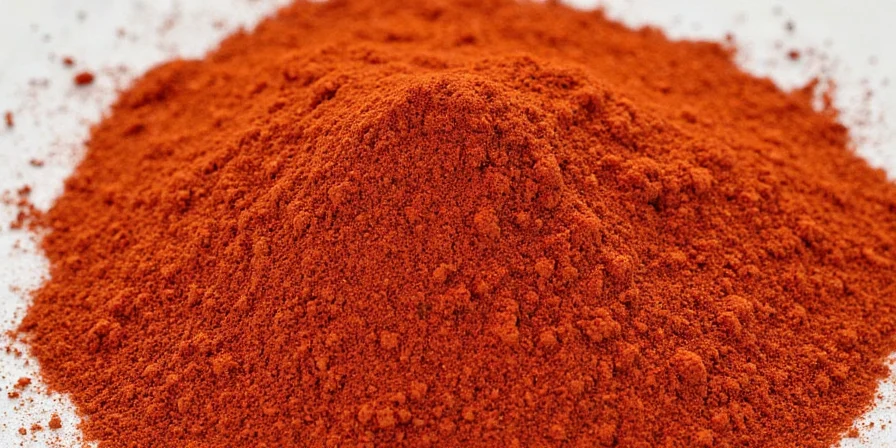
What Exactly Is Achiote Ground?
Achiote ground isn’t just annatto seeds smashed into powder form—it’s a complex blend that usually includes a mix of ingredients like:
- Annatto seeds (the main ingredient)
- Cumin
- Oregano
- Garlic powder
- Salt
- Vinegar or citrus juice (in paste form)
This spice mix is the heart of many regional dishes from Mexico to the Caribbean and beyond. It gives food its signature orange-red hue and layers of warm, peppery, and slightly sweet flavor.
What Does Achiote Ground Taste Like? Let’s Break It Down
If you had to describe achiote ground in one sentence, it might be something like: “It tastes like a campfire under a tropical sunset.” But let’s dig deeper.
| Flavor Profile | Description |
|---|---|
| Earthy | Mildly nutty with a soft grounding effect |
| Peppery | Subtle black pepper kick without heat |
| Sweet | Almost floral-like sweetness from annatto |
| Herby | Thanks to added oregano and garlic notes |
How to Use Achiote Ground Like a Pro
You don't have to fly to Yucatán to enjoy authentic achiote flavors. Here are some creative ways to incorporate it into your everyday cooking:
1. Marinate Meats
Rub it on chicken, pork, or fish before grilling or roasting. It sticks well, adds depth, and makes your proteins look Instagram-worthy.
2. Stir Into Soups & Stews
Add a spoonful to simmering soups or bean stews for an instant Latin twist.
3. Mix Into Rice or Beans
Elevate your side dishes by folding it into rice or refried beans. It adds flavor and a pop of color.
4. Blend Into Salsas or Sauces
Whip up a quick salsa by blending achiote ground with tomatoes, lime juice, and cilantro.
5. Make Homemade Tortillas with a Twist
Add a pinch to your masa dough for a subtle spicy-orange tortilla experience.
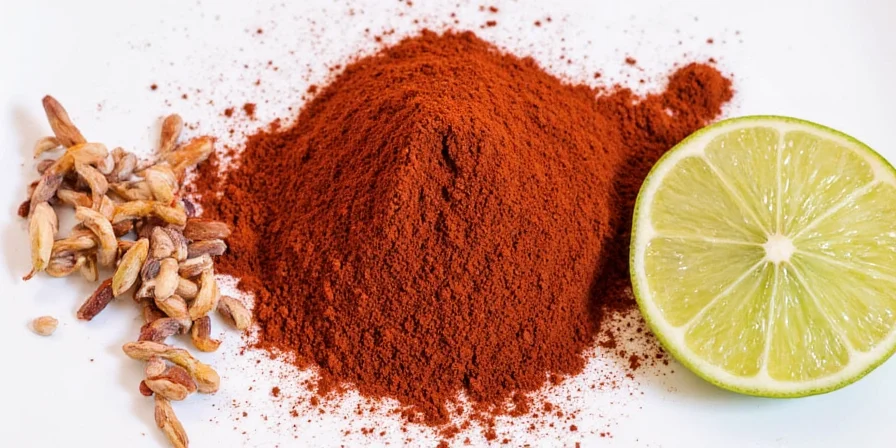
Top 7 Tips for Using Achiote Ground Like a True Spice Master
- Bloom it first: Toast the spice in oil or fat to unlock more aroma.
- Don’t skip the acid: Pair it with lime juice or vinegar to balance the earthiness.
- Balance the salt: Since it often contains salt, adjust seasoning accordingly.
- Layer with other spices: Cumin, coriander, and cinnamon pair beautifully with achiote.
- Use sparingly: A little goes a long way—start with ½ tsp and go from there.
- Pair with tropical fruits: Think mango, pineapple, or even papaya for salads or salsas.
- Try it in vegan dishes: Tofu, jackfruit, and eggplant soak up the flavor beautifully.
Storage Secrets: Keep That Achiote Fresh Like It’s New
Like most spice blends, achiote ground loses potency over time if not stored properly. Here’s how to keep it tasting fresh:
- Store in an airtight container: Oxygen is the enemy of flavor.
- Keep it cool and dark: No direct sunlight, no fridge unless humidified.
- Avoid moisture: Always use a dry spoon when scooping.
- Label it clearly: Unless you want to confuse it with chili powder… which could lead to tears.
- Check expiration: While it won’t spoil, the flavor fades after 6–12 months.
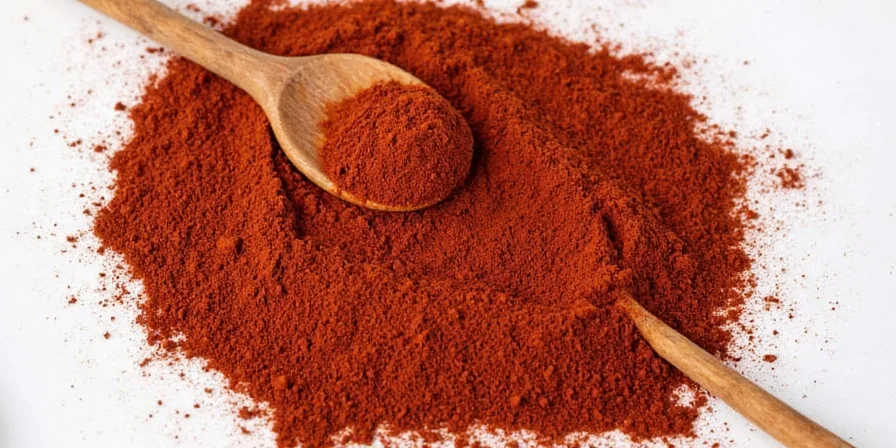
Achiote Ground vs. Annatto Seeds: What’s the Difference?
You might be wondering: “Is achiote ground just annatto seeds ground up?” Not quite! Check out this comparison:
| Feature | Achiote Ground | Annatto Seeds |
|---|---|---|
| Composition | Blended with spices like cumin, oregano, garlic | Pure annatto seeds only |
| Flavor Complexity | Rich, layered, savory | Mild, nutty, slightly peppery |
| Usage | Direct seasoning or marinade base | Used to make infused oils or pastes |
| Color Impact | Strong, vibrant orange-red | Less intense; often diluted |
| Availability | Found pre-mixed in stores or online | Available as whole seeds or powder |
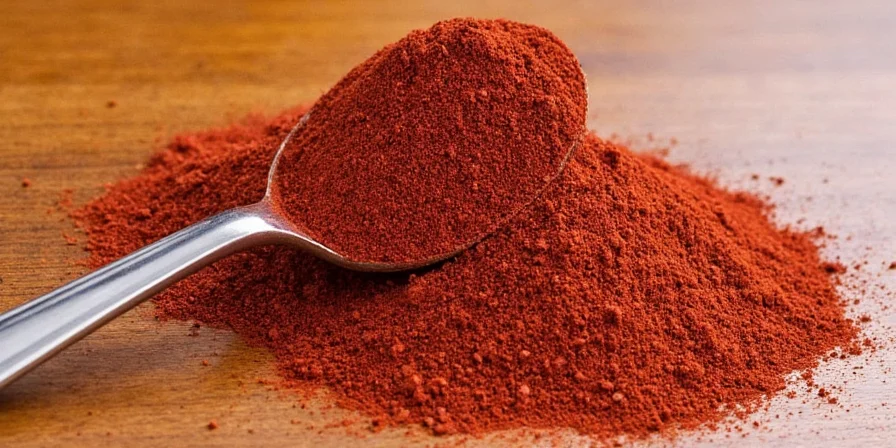
Frequently Asked Questions About Achiote Ground
Can I substitute achiote ground?
Yes, but not perfectly. Try mixing paprika + cumin + garlic powder + a touch of turmeric for color.
Is achiote ground spicy?
Nope! It’s mildly peppery but has zero capsaicin heat. Safe for kids and spice-sensitive folks.
Does achiote stain surfaces or clothes?
Oh yes, it does. Handle with care—this stuff is powerful enough to dye fabric!
What’s the best dish to try achiote ground in?
Coconut-chicken stew, grilled mahi-mahi tacos, or traditional cochinita pibil—anyone else hungry?
Can I make my own achiote ground?
Absolutely! Just combine toasted annatto seeds, cumin, garlic powder, oregano, and salt in a grinder. Add a splash of vinegar to turn it into a paste if desired.
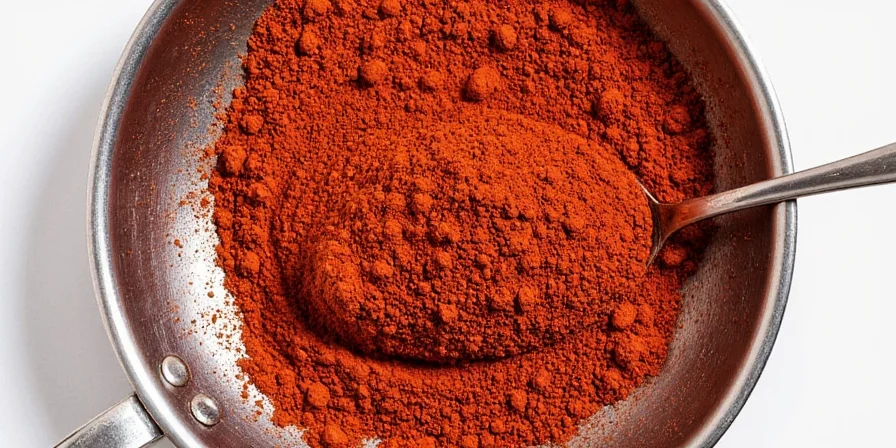
Conclusion: Make Achiote Ground Your Next Pantry Essential
Whether you're a home cook experimenting with global flavors or a pro chef mastering Latin cuisine, achiote ground deserves a prime spot in your spice collection. With its rich flavor profile, versatility in recipes, and eye-catching color, it’s more than just a seasoning—it’s a culinary superpower.
So next time you're staring blankly at your spice rack, remember: achiote ground is waiting to transform your meals into something magical. And now you know exactly how to use it like a boss.
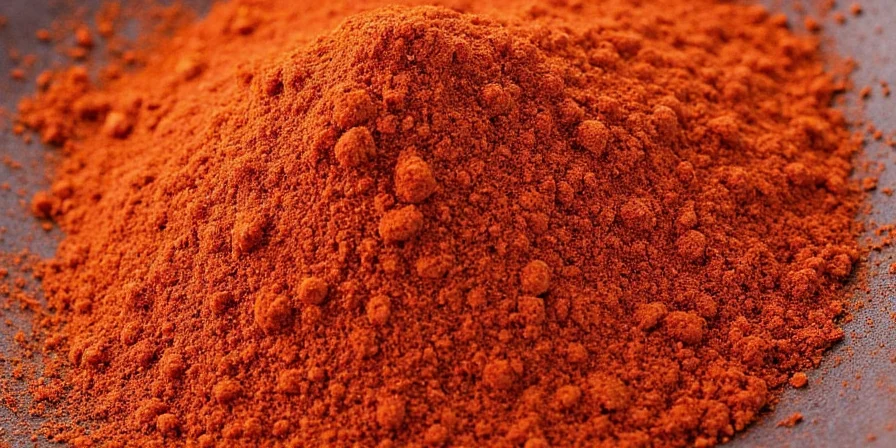

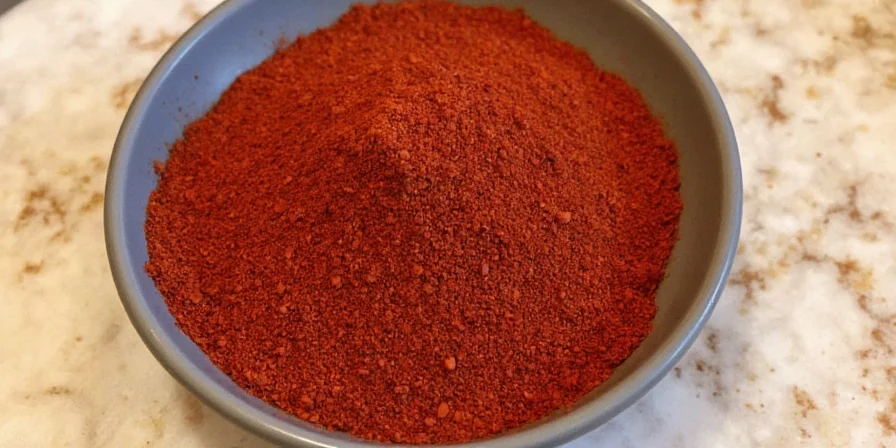









 浙公网安备
33010002000092号
浙公网安备
33010002000092号 浙B2-20120091-4
浙B2-20120091-4